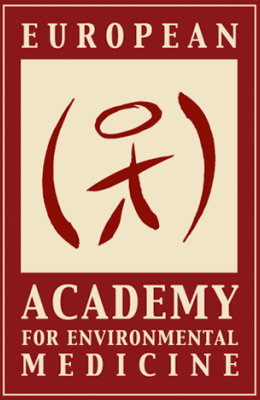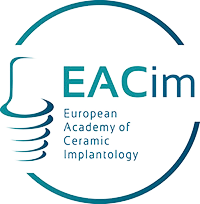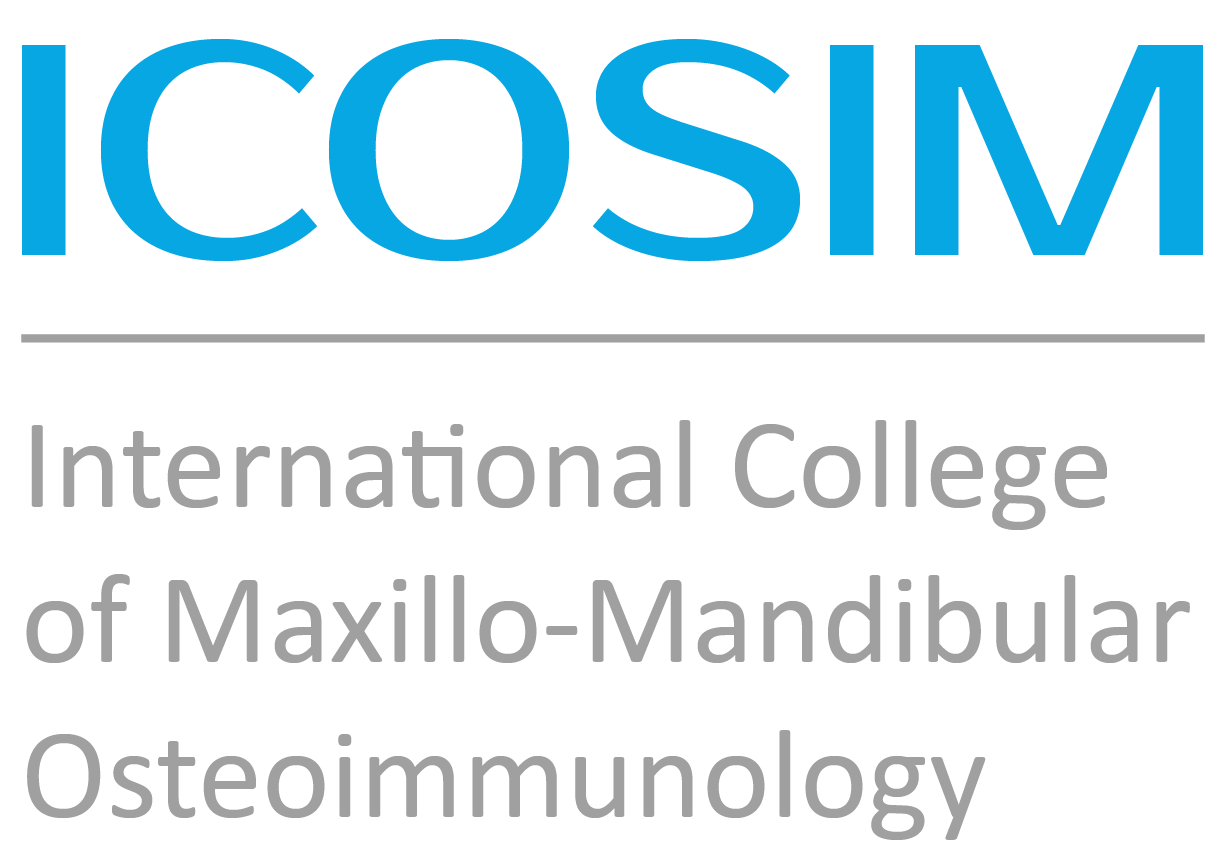BIOLOGICAL and HOLISTIC DENTAL MEDICINE
MEDICINE THAT RESPECTS THE BIOLOGY OF THE BODY

ZBZI - "Center for Biological Dentistry and Implantology" in Vienna
In addition to classical dentistry, biological dentistry also takes into account the interaction with the entire human organism. Thus, biological dentistry represents a bridge between orthodox dentistry, but also scientific environmental dentistry on the one hand, and alternative, holistic complementary medicine on the other. Biological dentistry uses both scientifically based and laboratory-based diagnostic and therapeutic approaches – in addition to integrative, holistic methods in an overall individualized approach to each person.
I explain that this world is so beautiful that I can hardly believe it exists.

Environmental Dentistry
This is the approach that perceives the human organism and body in its entirety and does not just treat a dental problem in isolation.
In many chronic or systemic diseases, a connection with diseases of the oral cavity (teeth, jaw bones) can thus be established. We do not consider dental problems in isolation, but attach importance to revealing the connections between disorders in the masticatory system and other diseases of the organism. Many acute or chronic diseases in the body have their cause or reinforcement in the dental or jaw area. Gum inflammation, inflammation of the jawbone or toxic materials in the teeth place a sensitive burden on the immune system as well as the entire nervous system. Therefore, we are committed to a biological-immunological treatment concept that eliminates disease factors from the dental and jaw area.

Amalgam rehabilitation under protective protocol
- Removal of amalgam according to strict protocol to reduce the stressful effect of metals on the body.
Ceramic implants
- The implants are perfectly adapted to your jaw and thanks to the relatively short healing time they can be fully loaded quickly.
Chronic diseases
- Biological dentistry as a solution for chronic diseases - Biological dentistry at Vorgartenmarkt in Vienna.
Contact
- Here you will find all contact options, social channels, directions and information about the elective doctors.
Cookie Directive (EU)
- This Cookie Policy is updated regularly and applies to citizens and lawful permanent residents of the European Economic Area.
Holistic dentistry
- Our goal is to follow a biological and holistic approach in all consultations and therapies, respecting the biology of the body.
Interference field diagnostics
- Scars and fractures, chronic inflammatory foci due to root-treated teeth or chronic inflammatory areas can be eliminated.
Metal-free
- Preservation and reconstruction of your teeth using metal-free and as neutral as possible materials.
Testing material allergy
- In our center we offer testing for intolerances and allergies to dental restorative materials.
Treatment with consideration of biological basics
The human oral and maxillofacial region is much more exposed to heavy metals, toxic materials or dead tissue than most other areas of the body. Biological dentistry aims to remove all non-biological materials and all necrotic organ parts or inflammatory foci as gently as possible. Metal-free and neutral materials are used without exception.
Interference fields in the oral cavity
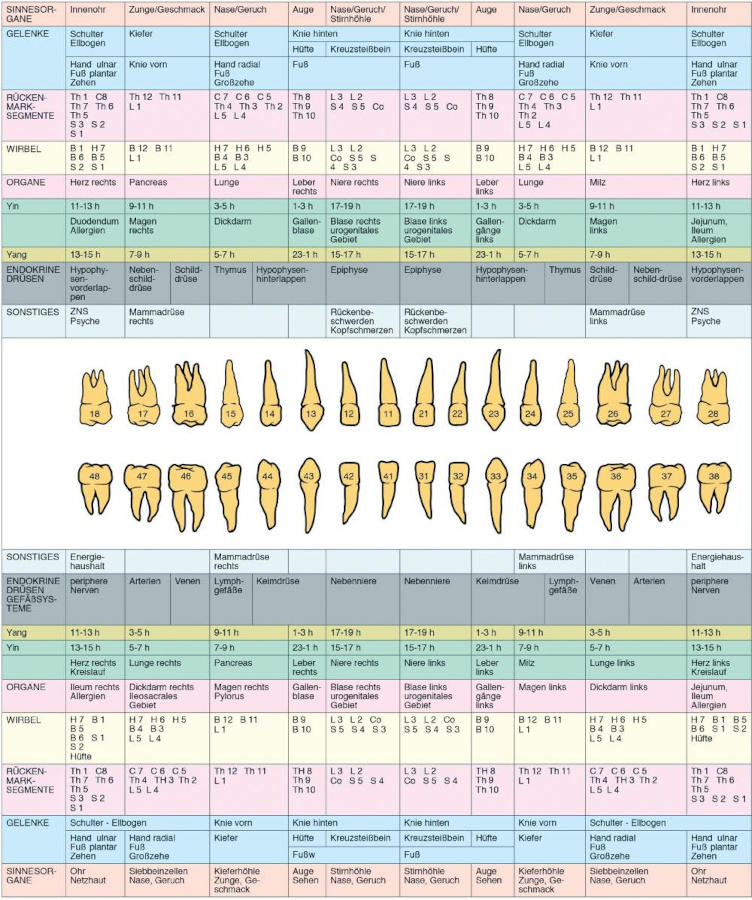
Research has shown that the body suffers a stress-related loss of energy due to the constantly activated immune system and is exposed to massive stress. This manifests itself, for example, in chronic, constant tiredness in the morning. Consistent biological sanitation of the oral cavity is therefore not only highly recommended for patients with existing illnesses, but is also indicated for all people in order to prevent possible illnesses.
Non-biological material for dental restorations can cause allergies. By means of a lymphocyte transformation test (LTT), allergen-specific T lymphocytes can be detected. Subsequently, it can be determined which materials can be used safely. In biological dentistry, the use of potentially allergy-causing materials is avoided.
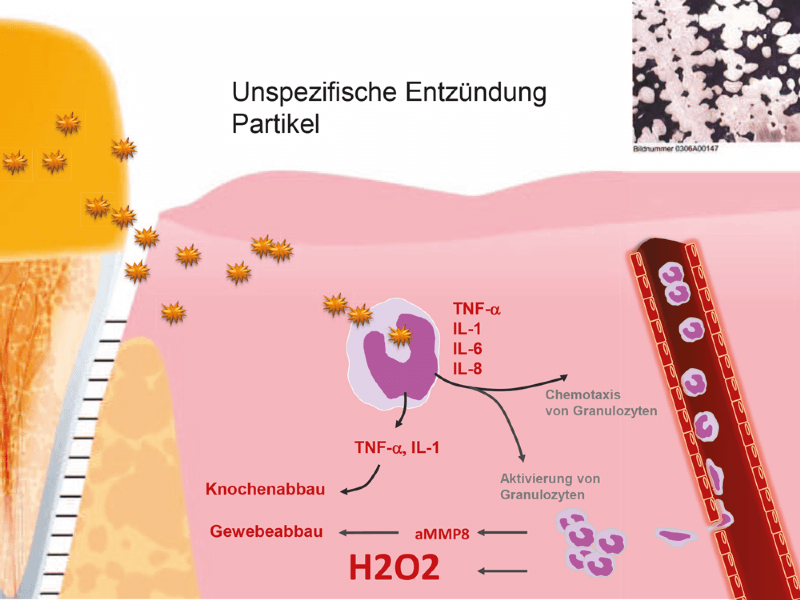
Recognition of the trigger factors for inflammation
Thanks to modern laboratory diagnostics, the factors responsible for chronic inflammatory foci in the oral and maxillofacial region can be reliably detected. These so-called trigger factors are, for example, dental restorations made of metals or plastics. Dead tooth material is also frequently found to trigger inflammation. Another trigger for immunologic inflammatory reactions is the presence of market dead teeth. These produce organic intermediate products, such as mercaptans or thioethers, which can be triggering factors for inflammation.


